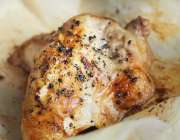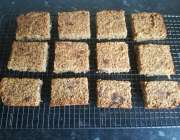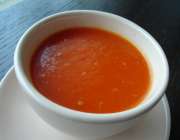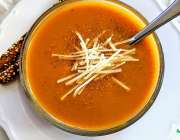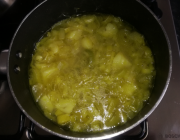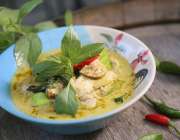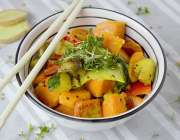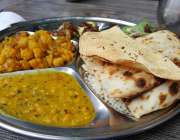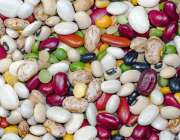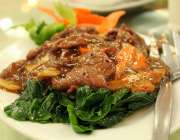Boiled Eggs
Boiled Eggs
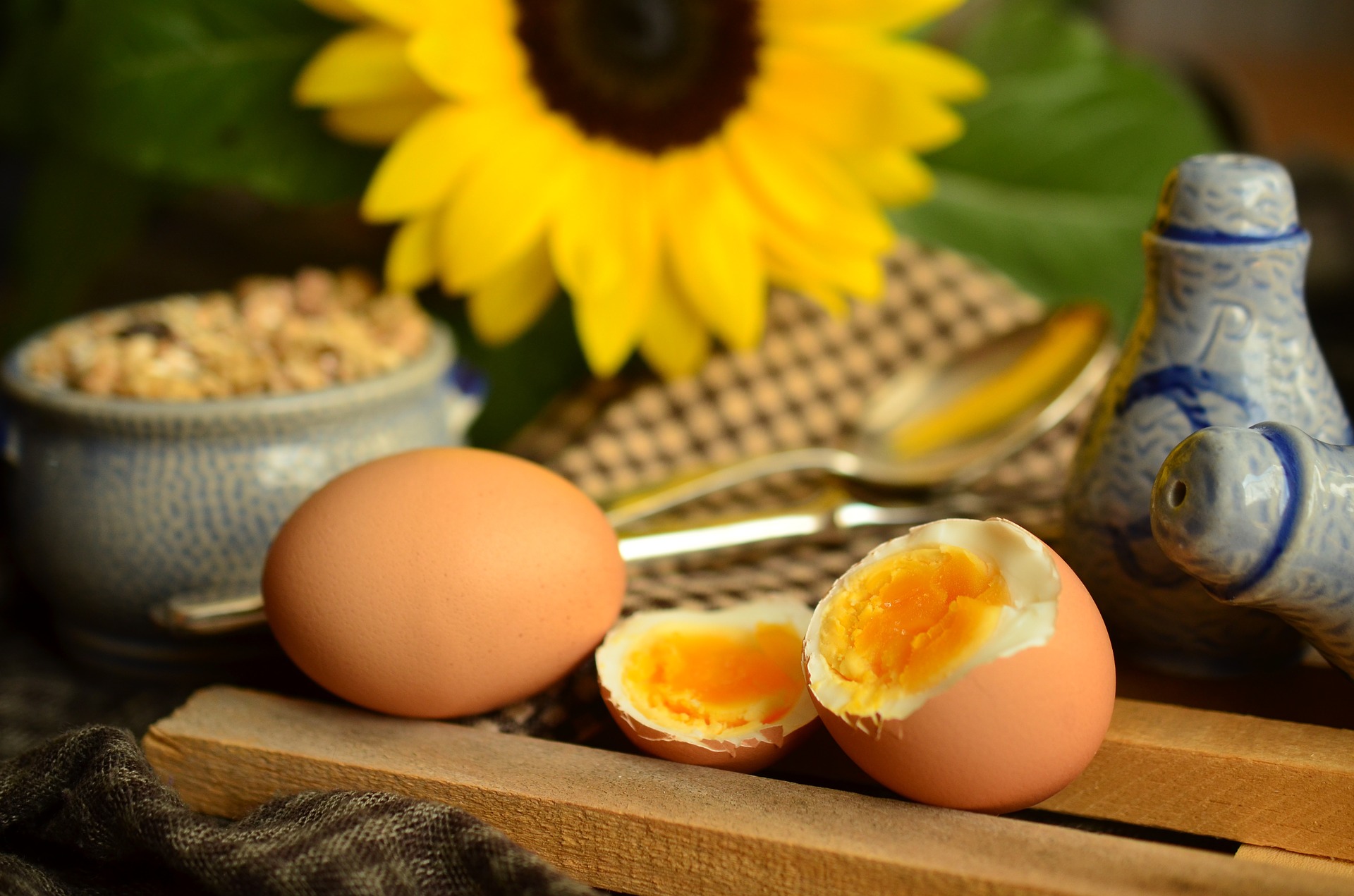
Freshly boiled hens egg
Quick info
- Recipe difficulty - easy
- Preparation time - 5 minutes
- Cooking time - 4-10 minutes
- Serves - 1
- Dietary - Vegetarian Gluten free Dairy free
- Allergens - eggs
Enjoy
This Learn to Cook section has been put together to help give you the information and knowledge needed, to develop the confidence and basic skills required to begin making more recipes and meals at home from scratch for you and your family.
Being able to cook from scratch at home is the single biggest positive and lasting change we can make to our diets and overall lifestyles. It gives us control over what goes into our meals, saves money and provides one of THE most important life skills that we can pass onto our children, other family members and friends. Once we have mastered the basics of preparing and cooking simple ingredients, we can start to adapt, add to and experiment with countless numbers of recipes.
Ingredients
- 1 medium free-range egg
Utensils
- Slotted spoon
- Small saucepan with a thick bottom
Method
Step 1
Put the kettle on to boil with enough water to fill the saucepan 3/4 full.
Step 2
Using a pin, pierce the wider blunt end of the egg. (This is optional and purely cosmetic, but it releases trapped air at that end of the egg keeping both ends rounded instead of one end being flat).
Step 3
Fill the pan with the water to almost 3/4 full and bring to a gentle bubble (simmer)
Step 4
Using the spoon, carefully lower the egg into the simmering water.
Step 5
As soon as the egg is in the water, start to time the cooking.
Step 6
Cooking times for medium sized eggs are as follows: 4 minutes for soft-boiled eggs. 6 minutes for 'mollet' eggs, with a yolk that is set around the edge but wet and thick inside. 10 minutes for hard-boiled eggs. Once cooked, cool hard boiled eggs straight away to stop them cooking any further.
Step 7
If you find a green/grey edge around the yolk after cooking, this means they have been cooked for too long.
Nutrition per serving portion (one medium egg)
Each portion provides on average
Energy 351kj 84kcal 4.2%
Fat 6.2g 9%
Saturates 1.8g 9%
Sugars 0.0g 0%
Salt 0.2g 3%
Food Value
Vitamins
Good Fats & Fatty Acids
Protein
Minerals
Source of Protein
Eggs are a great source of protein, with one medium-sized egg providing on average 7.1 grams.
Vitamins and Minerals
Eggs are a good source of vitamins such as A, D, B12, B6 and B2 as well as minerals selenium and iodine.
Send recipe to Google Home
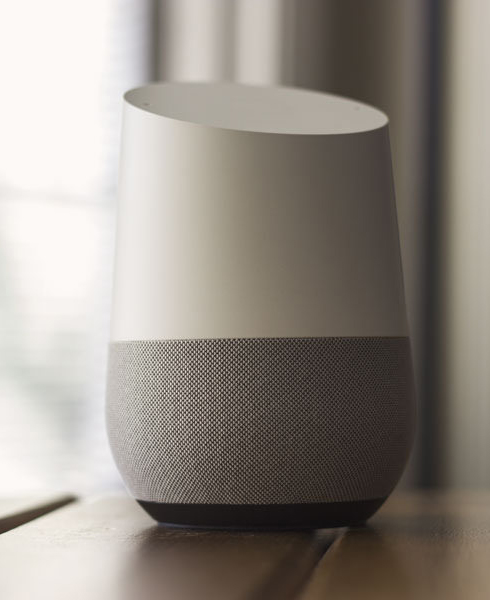
Google home internet of things.
Send to Google Home
This is a developing service from Google and Your Nutrition Site wants to bring you the latest Technology to facilitate healthy nutritious food.

